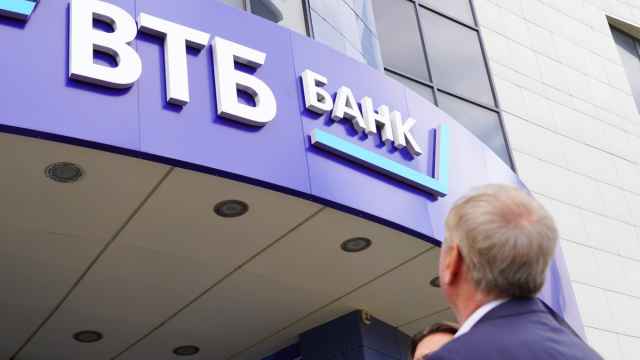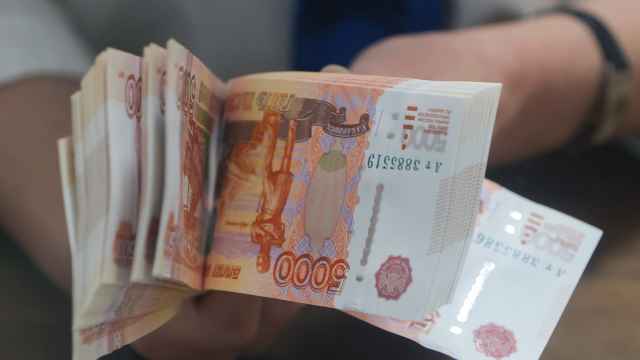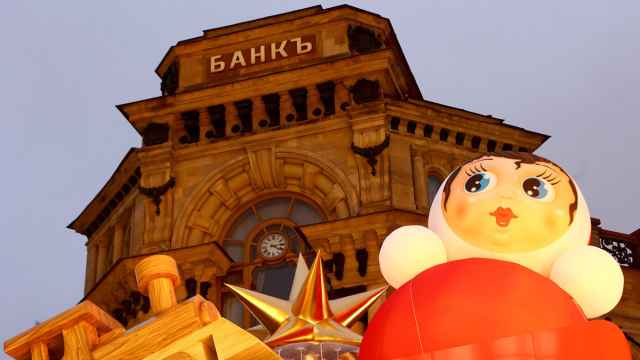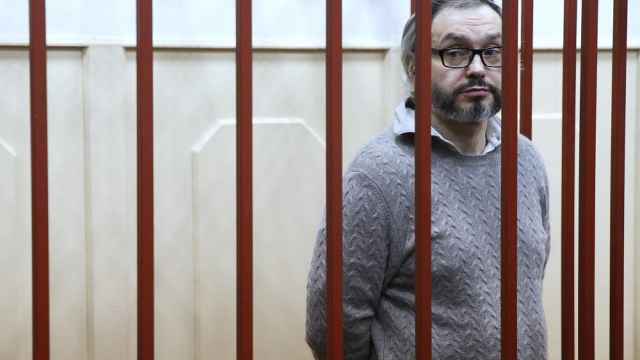Russians are continuing to move savings from foreign banks back home, with net transfers to domestic accounts reaching 58.5 billion rubles ($720 million) in August, according to preliminary Central Bank estimates.
The figure nearly matches March’s record inflow of 58.9 billion rubles ($724 million), the highest since the Bank began publishing such data in 2018.
Russians have repatriated about 188 billion rubles ($2.31 billion) in total since March, with only one month of outflows recorded during that period.
Russian households held an estimated 6.14 trillion rubles ($75.5 billion) in foreign banks as of Sept. 1, the Central Bank estimated.
The regulator noted that it cannot track what happens to the money after it leaves Russia, and some of it may be used for imports or everyday expenses of Russians living abroad.
Analysts say the reversal after years of steady capital flight reflects growing investor optimism following the February call between Presidents Vladimir Putin and Donald Trump that raised hopes of an end to the war in Ukraine.
A stronger ruble, rising Russian asset values and a wide interest rate gap have also boosted domestic appeal.
Foreign investment began flowing into Russia this year for the first time since the invasion of Ukraine, driven by risk-tolerant investors willing to defy sanctions in what Deputy Finance Minister Ivan Chebeskov called “cowboy money.”
Some Russian nationals also started returning funds to take advantage of these conditions, said Oleg Vyugin, a professor at Moscow's Higher School of Economics.
Meanwhile, Russians abroad face mounting banking restrictions.
Western financial institutions have closed accounts and tightened compliance, while Kazakhstan has limited new card issuance to foreigners.
Financial consultant Natalia Smirnova said several of her clients, even those with EU passports, had their European bank accounts closed after returning to Russia and failing to prove continued EU residency.
A Message from The Moscow Times:
Dear readers,
We are facing unprecedented challenges. Russia's Prosecutor General's Office has designated The Moscow Times as an "undesirable" organization, criminalizing our work and putting our staff at risk of prosecution. This follows our earlier unjust labeling as a "foreign agent."
These actions are direct attempts to silence independent journalism in Russia. The authorities claim our work "discredits the decisions of the Russian leadership." We see things differently: we strive to provide accurate, unbiased reporting on Russia.
We, the journalists of The Moscow Times, refuse to be silenced. But to continue our work, we need your help.
Your support, no matter how small, makes a world of difference. If you can, please support us monthly starting from just $2. It's quick to set up, and every contribution makes a significant impact.
By supporting The Moscow Times, you're defending open, independent journalism in the face of repression. Thank you for standing with us.
Remind me later.






